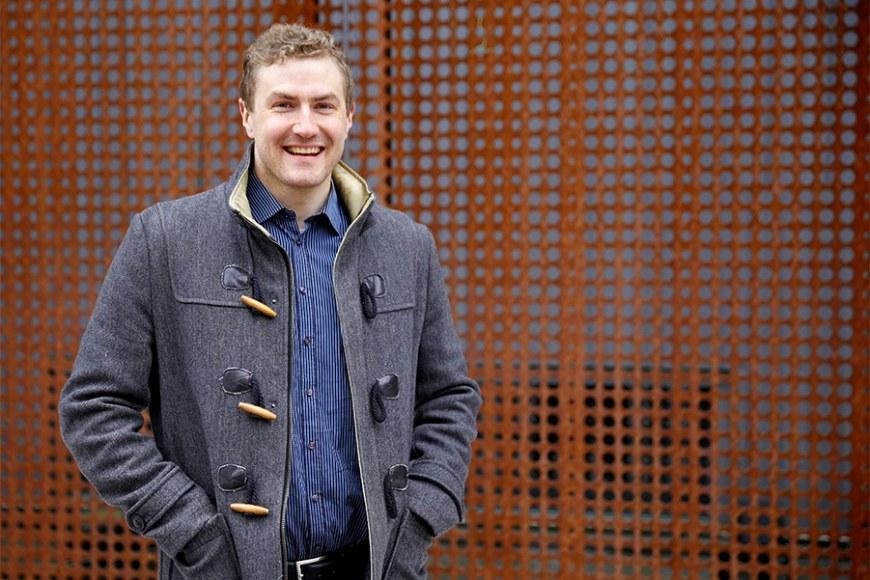
Today’s global competition forces manufacturing companies to continuously seek ways to improve their operational performance. In high-cost countries, such as Finland, manufacturers need to look for sources of more sustained competitive advantage and higher value added. Lean manufacturing is globally a well known approach to achieve such operative performance. Although originally designed for mass production, today lean manufacturing is increasingly applied across different fields, providing significant benefits to the operative environments. However, implementing lean manufacturing is seen as challenging, in high-variety, low-volume manufacturing in particular. Current research, literature in the field and available tools provide only little support for these issues.
Adlin addresses the identified shortcoming and focuses in his dissertation work to the challenges of the capital goods manufacturers in Finland, to achieve long term competitive advantage through lean manufacturing. In his study, Adlin has developed in close collaboration with industry an Information Flow Modelling method to steer and improve systems-level development of product development and production. The method provides concrete and systematic steps, tools, techniques and guidelines to plan, analyse, synthesise, solve problems and steer development actions in complex and multidisciplinary projects. The method applies the very latest information from the research domains of lean manufacturing, engineering design and project business.
“The Information Flow Modelling method can be seen as an application of scientific method Plan-Do-Check-Act, where companies own experts are steered through predefined development steps to formalise a holistic picture of their processes or products. With this holistic view the experts are able to identify development areas and proceed systematically in their development steps. The information flow models represent the experts’ best understanding of the current state and future state of product development and production,” Adlin describes.
Today, the developed Information Flow Modelling method has been successfully applied in over 10 Finnish technology companies. The developed method has the potential to become a lean practice for industry and consultants in the future. The study shows various benefits companies gain from applying the method in their large and complex development projects.
“We have identified that when companies’ experts across different disciplines are put together and to formalise information flows into the same model, former tacit knowledge becomes collective knowledge. At the same time new knowledge is created. The models provide means for the experts to deal with larger and complex systems. Most important, in alignment with lean-thinking, the experts make the findings themselves to the problems and are highly committed to the development actions that follow,” Adlin clarifies.
The doctoral dissertation of M.Sc. (Tech.) Nillo Adlin in the field of production engineering titled “Formalisation of Information Flows to Support Lean Manufacturing Implementation: Study of High-Variety, Low-Volume Manufacturing in a High-Cost Country” will be publicly examined at the Faculty of Engineering and Natural Sciences of Tampere University in room Pieni Sali 1 in the Festia building (address: Korkeakoulunkatu 8, Tampere, Finland) at 12:00 on Thursday, 7 April 2022.
The opponents will be Professor Björn Johansson (Chalmers University of Technology, Sweden) sekä Professor Kristo Karjust (Tallinn University of Technology, Estonia). Professor Minna Lanz from the Automation Technology and Mechanical Engineering unit at Tampere University will act as the Chairman.
The dissertation is available online at: https://trepo.tuni.fi/handle/10024/138181.
The event can be followed via remote connection.
Photo: Abigail Halonen
